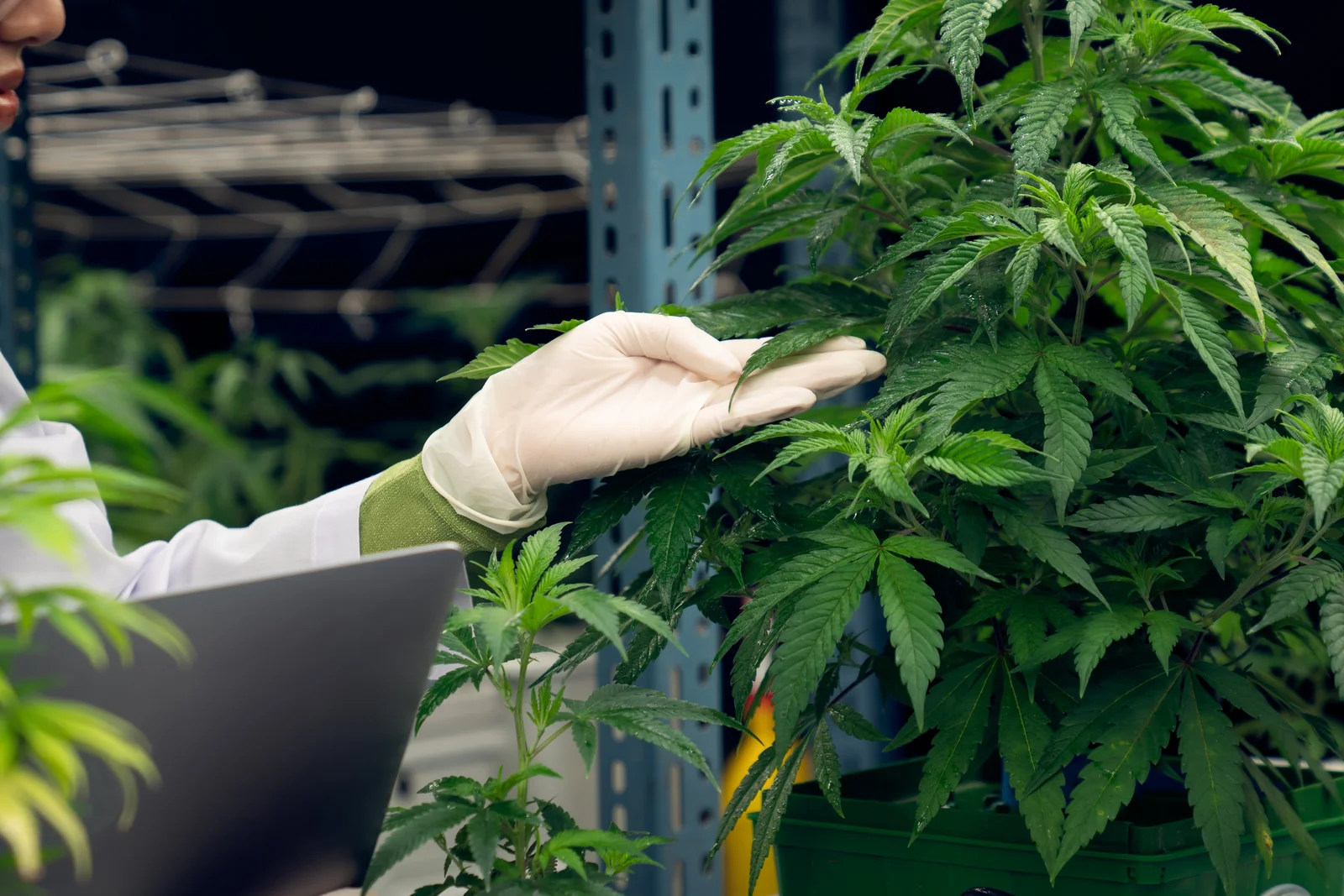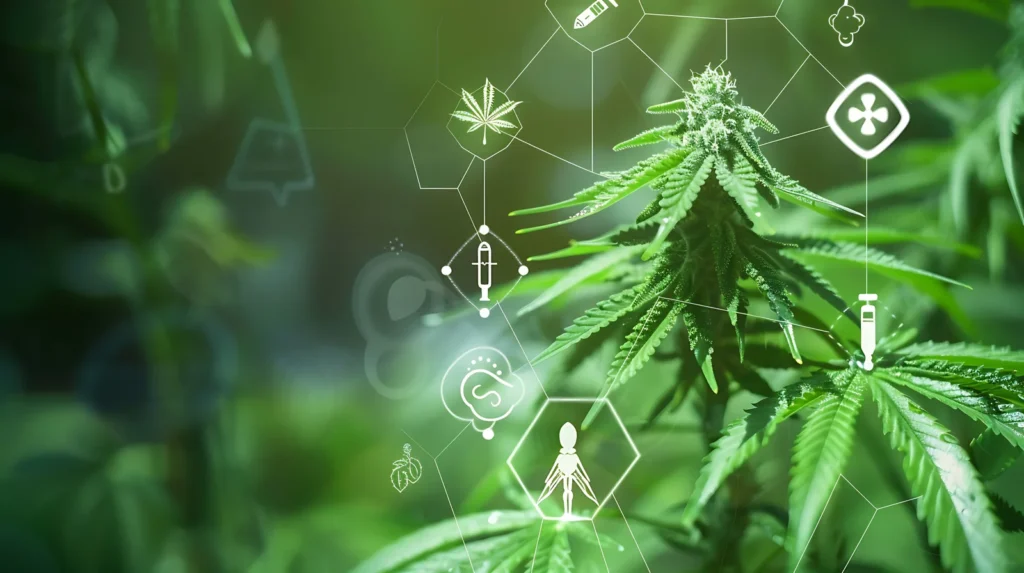
Industry
How Long for Cannabis to Leave the System? Everything You Need to Know
With the increasing legalization and social acceptance of cannabis, understanding how long it remains in the body is both an important health consideration and a practical necessity for those subject to drug testing. How long for cannabis to leave the system depends on several variables, including frequency of use, metabolism, and the type of drug test employed. This article aims to clarify the complexities surrounding cannabis detection times, ensuring you have authoritative insights into what can be a confusing topic.
Understanding Cannabis Detection Time
Cannabis detection time varies significantly based on several factors. Upon consumption, the body metabolizes the active compounds in cannabis, primarily THC (tetrahydrocannabinol). These metabolites then remain detectable in the system for various durations.
- Frequency of Use: Regular users will typically retain traces of cannabis in their system longer than occasional users. For example, a single use could be out of the system in a few days, while heavy, daily users might test positive for cannabis weeks after their last consumption.
- Metabolism: Individuals with faster metabolic rates may process and eliminate cannabis more quickly than those with slower metabolic rates. Factors like age, body mass, and physical activity levels all contribute to metabolic speed.
- Type of Drug Test: Different tests have different detection windows:
- Blood Tests: Typically, detect cannabis for up to 1-2 days post-use, but this can extend to a week for heavy users.
- Saliva Tests: Detect cannabis for 1-3 days for most users.
- Hair Tests: Can detect cannabis for up to 90 days, although this method is less commonly used due to its high cost and the fact that it tests for usage over a long period.
- Urine Tests: The most common form of testing, with cannabis detectable for 3-30 days, depending on usage frequency.

How to Flush Cannabis from the Body
While there is no quick solution to flush cannabis from the body, some practices may aid in the process:
- Hydration: Drinking plenty of water can support kidney function and help in the natural detoxification process.
- Exercise: Physical activity may help metabolize stored THC by burning fat cells where THC can be stored.
- Healthy Diet: A diet rich in fiber can aid digestion, while antioxidants found in fruits and vegetables can help combat oxidative stress and improve overall detoxification.
Frequently Asked Questions
Can secondhand smoke cause a positive drug test?
Secondhand exposure is unlikely to produce a positive result, except in extreme cases with poor ventilation and prolonged exposure.
Does CBD show up on a drug test?
Most drug tests target THC, the psychoactive component of cannabis, rather than CBD. However, unless the CBD product is confirmed to be THC-free, there’s a slight risk of a positive test.
Do detox kits work to clear cannabis from the system?
While some claim that detox kits or products can expedite the cannabis clearance process, their effectiveness is largely unsupported by scientific evidence. Natural bodily processes remain the most reliable method for cannabis elimination.
FAQ: How Long Does Cannabis Stay in the System?
Cannabis can remain detectable in your body for varying lengths of time, depending on several factors. In this FAQ, we’ll explore these factors, how to potentially expedite the process, the detection methods, and how different consumption methods might influence the duration cannabis stays in your system.
What Factors Affect How Long Cannabis Stays in the System?
Cannabis persistence in the body can be influenced by several individual and consumption-related factors:
- Frequency of Use: Chronic users will typically have cannabis metabolites, particularly THC-COOH, lingering longer in their system compared to infrequent users.
- Body Composition: THC is fat-soluble, meaning that it binds to fat cells. As a result, individuals with higher body fat percentages may retain metabolites longer.
- Metabolic Rate: Individuals with faster metabolisms may process and eliminate THC more quickly than those with slower metabolic rates.
- Hydration and Diet: Proper hydration and certain dietary factors can influence detoxification processes but have limited efficacy on THC metabolite clearance.
- Genetics: Genetic variations can affect how quickly an individual metabolizes THC. Some people have faster metabolic rates due to genetic factors.
- Overall Health: Liver and kidney health can impact the rate of cannabis metabolite elimination, as these organs are crucial for filtering and processing substances out of the body.
How Can I Speed Up the Process of Cannabis Leaving My System?
Although there are no guaranteed methods to rapidly detox the body of cannabis, some strategies may help support natural elimination processes:
- Hydration: Drinking plenty of fluids, particularly water, helps maintain urinary frequency and dilution but is not a method that significantly speeds up metabolite removal.
- Exercise: Regular physical activity can potentially help burn fat cells, thus releasing stored THC, but may also initially increase THC levels in the bloodstream.
- Healthy Diet: Consuming a balanced diet with high fiber content can support the body’s natural detoxification processes. Foods rich in antioxidants may also help support liver function.
- Avoiding Additional Cannabis Use: It may seem self-evident, but abstaining from further cannabis use is essential for the system to eventually clear itself of THC.
- Commercial Detox Kits: These are often marketed as rapid solutions to clear cannabis from the body, but their efficacy is largely debated and not scientifically substantiated.
How is Cannabis Detected in the Human Body?
Cannabis is primarily detected through testing for THC and its metabolites in various bodily substances. The most common detection methods include:
- Urine Tests: These are the most common form of drug testing. THC-COOH, a non-active metabolite, is usually what labs test for. It can be detected for days to weeks after use, depending on frequency and other factors.
- Blood Tests: These can detect THC for a short window—typically only a few hours to a couple of days after use—making them more suitable for detecting recent usage.
- Saliva Tests: Saliva analysis can detect THC within minutes of ingestion up to about 24-72 hours, depending on usage patterns.
- Hair Tests: These can detect cannabis use for up to 90 days, as hair follicles incorporate THC metabolites into their structure as they grow.

Does the Method of Cannabis Consumption Affect How Long it Stays in the System?
Yes, the method of consumption can influence how cannabis is processed in the body:
- Inhalation (Smoking or Vaping): When cannabis is smoked or vaped, THC is rapidly absorbed into the bloodstream, leading to a quicker but typically shorter duration of detectability compared to edibles.
- Ingestion (Edibles): Consuming cannabis through edibles results in a slower absorption process, as THC is metabolized in the liver before entering the bloodstream. This can result in a prolonged presence of metabolites in the body.
Each individual’s experience with cannabis clearance can differ based on the interplay of these factors. It’s important to approach this topic with an understanding of the variabilities involved and consider consulting healthcare professionals for more personalized insights.
Conclusion
In summary, how long for cannabis to leave the system can be influenced by several factors, including the frequency of use, metabolism, and the specific type of drug test. Understanding these elements allows individuals to better evaluate their own risk of detection and to make informed decisions based on their specific circumstances. While methods like hydration, exercise, and diet may assist in the metabolic process, time remains the most crucial factor in clearing cannabis from the body. This comprehensive understanding equips you with the knowledge needed to navigate cannabis-related queries smartly and responsibly.